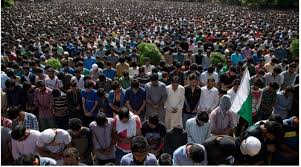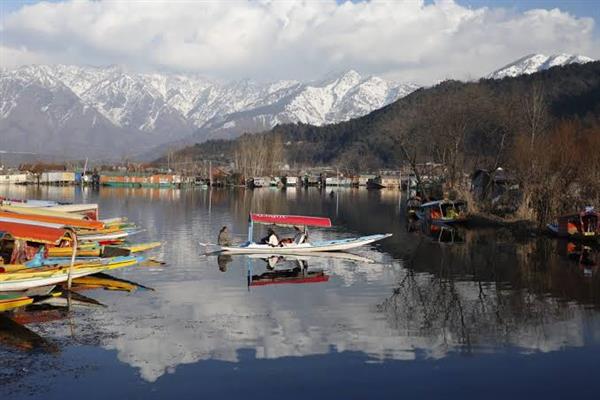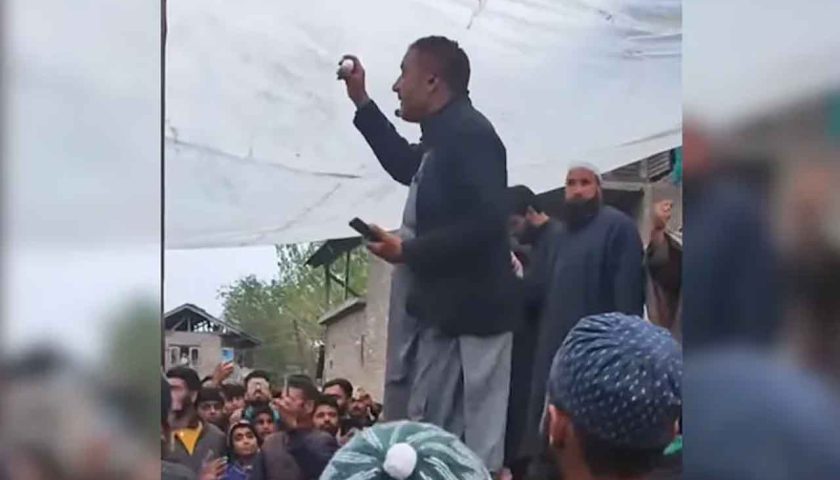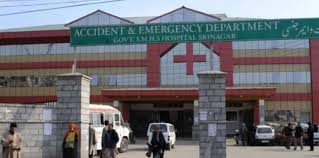While there is no change in policy under governor’s rule in Jammu and Kashmir on handing over bodies of local terrorists killed in anti-terror operations to their families, J&K police are ensuring that their funerals remain uneventful with only close relatives and limited number of people from the village in attendance.
“The bodies of all four Islamic State-influenced terrorists killed in Anantnag on Friday were handed over to their respective families. Mobile internet services in the home village/town of the slain terrorists as well as adjoining areas were suspended to rule out efforts to mobilise large crowds by playing on emotions. Access routes to the village were monitored by J&K police personnel to ensure that outsiders did not converge in huge numbers at the funeral site. As a result, the funerals of all four terrorists, including two from Anantnag and one each from Srinagar and Pulwama, were understated, quiet affairs with no open celebration of their ‘martyrdom’ or flashing of Islamic State flags,” an officer of the security establishment in J&K said.
When contacted, J&K DGP Shesh Paul Vaid acknowledged that a “lot of effort” had gone to ensure peaceful last rites of the four ISJK terrorists. He added that J&K police was following standard operating procedures for cordon-and-search operations by making sure that terrorists engaged in encounters were given a fair opportunity to surrender before being neutralised. “That is why in the encounter in Kulgam on Sunday, one of the terrorists, a local Kashmiri who had joined Lashker-e-Taiba barely two months ago, agreed to surrender along with his weapons,” Vaid said.
There is a view within BJP that bodies of local Kashmiri terrorists killed in counter-terror operations should not be handed over to their families and instead be buried at the village/town where the encounter took place. This, argue some party leaders, will ensure that funerals do not become a forum to eulogise slain terrorists as ‘martyrs’, fan hatred against security forces, radicalise young Kashmiris gathered at the funeral site and recruit them into terror outfits.
However, the counter-view put forward by the security agencies was that with Islam providing for funeral prayers to be held without the dead body, (gayabana namaaz-e-janaaza), there was the possibility of even larger mobilisation and gatherings at funerals after the slain terrorist had been buried by the police closer to the encounter site.






